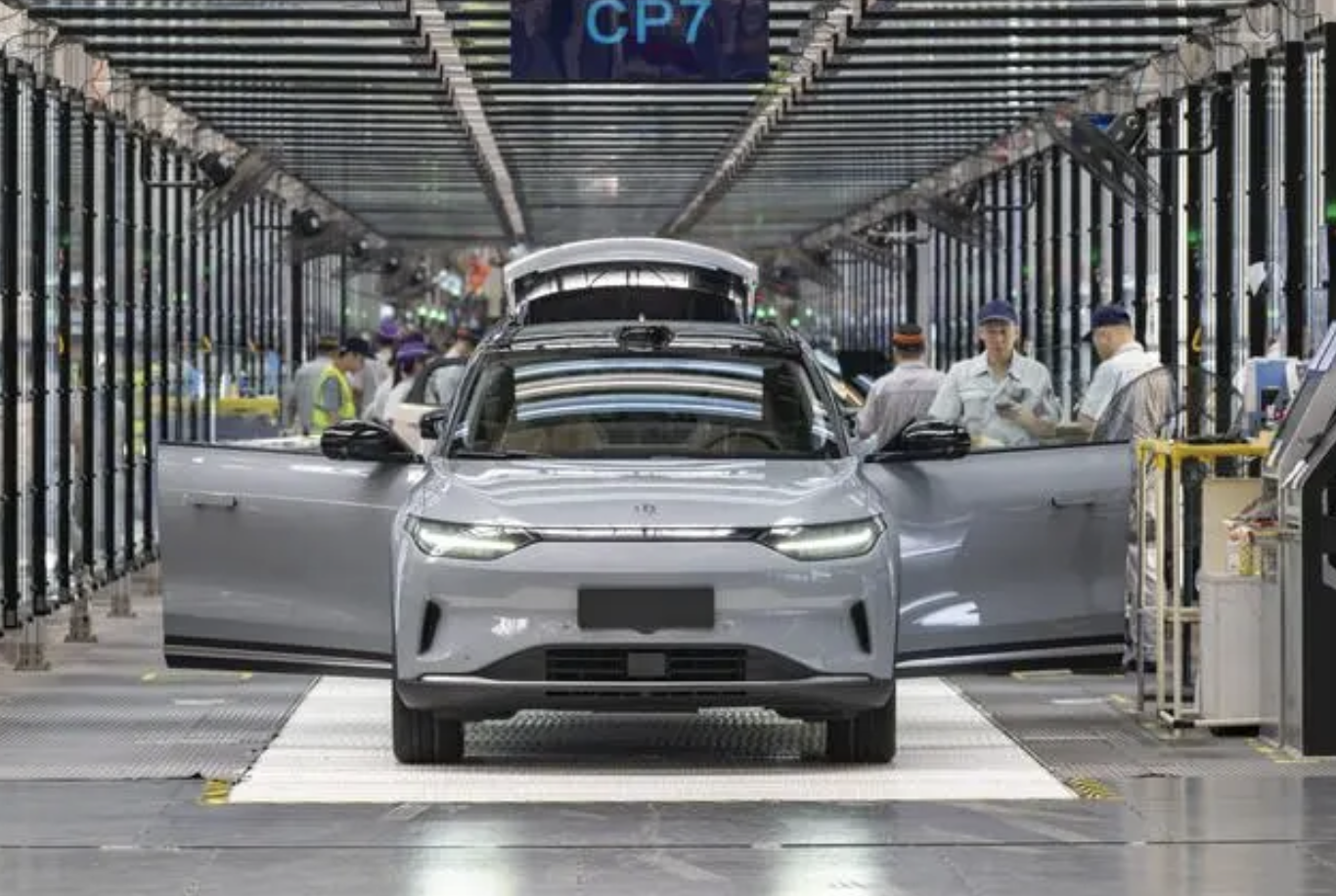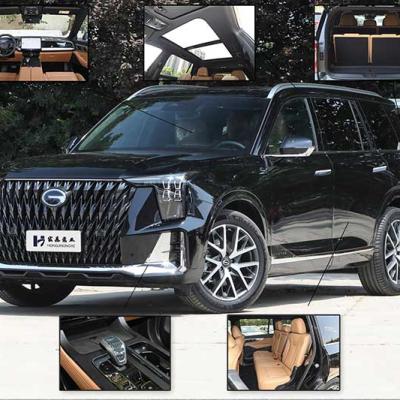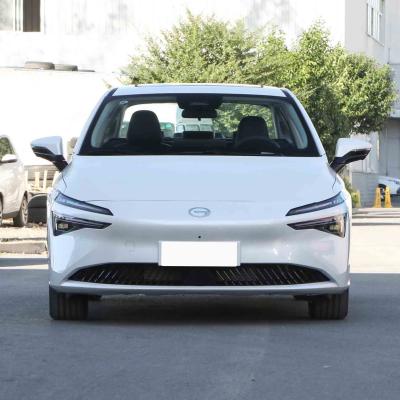Electric Vehicles: Leading the Future of Green Transportation

Electric vehicles (EVs), also known as battery electric vehicles (BEVs), are vehicles that rely entirely on electric power, using batteries as their power source and electric motors for propulsion.
Compared to traditional fuel-powered cars, EVs offer numerous benefits such as zero emissions, low energy consumption, low noise, environmental friendliness, and quick acceleration. The core technology of EVs lies in their power batteries, which account for about 40% of the vehicle’s total cost.
EVs eliminate the need for fuel tanks, engines, transmissions, cooling systems, and exhaust systems. Compared to the internal combustion engines in traditional cars, the cost of electric motors and controllers is lower, and EVs have a higher energy conversion efficiency.
Based on the type and use, EVs are mainly categorized into electric cars, electric trucks, and electric buses:
•Electric Cars: These are the most common type of EVs. Beyond concept cars, electric cars are now mass-produced and available in the market.
•Electric Trucks: While less common for cargo transport, large electric trucks are already used in mines, construction sites, and other specialized areas.
•Electric Buses: Small electric buses are rare, but large electric buses are widely used in public transportation in various cities and at major events, receiving positive feedback.

However, the development of EVs hasn’t been without challenges. Despite their advantages, issues such as limited driving range, insufficient charging infrastructure, and long charging times remain hurdles.
To address these problems, major automakers and research institutions are continually innovating and pushing technological boundaries.
•Driving Range: With advancements in battery technology, the driving range of EVs has significantly improved. Some high-end models can now achieve over 600 kilometers on a single charge, greatly enhancing their practicality.
•Charging Infrastructure: Governments and companies are actively promoting the construction of charging facilities. In urban areas, the number of public charging stations is increasing, making charging more convenient for EV owners.
•Wireless Charging: Some companies are exploring wireless charging technology to further enhance convenience and efficiency.

Additionally, the future of EVs lies in their intelligence and connectivity. With the ongoing development of 5G and the Internet of Things (IoT), EVs will be capable of smarter driving and better connectivity. This will enhance the driving experience and safety, making EVs even more competitive in the future automotive market.
 Tiếng Việt
Tiếng Việt 













